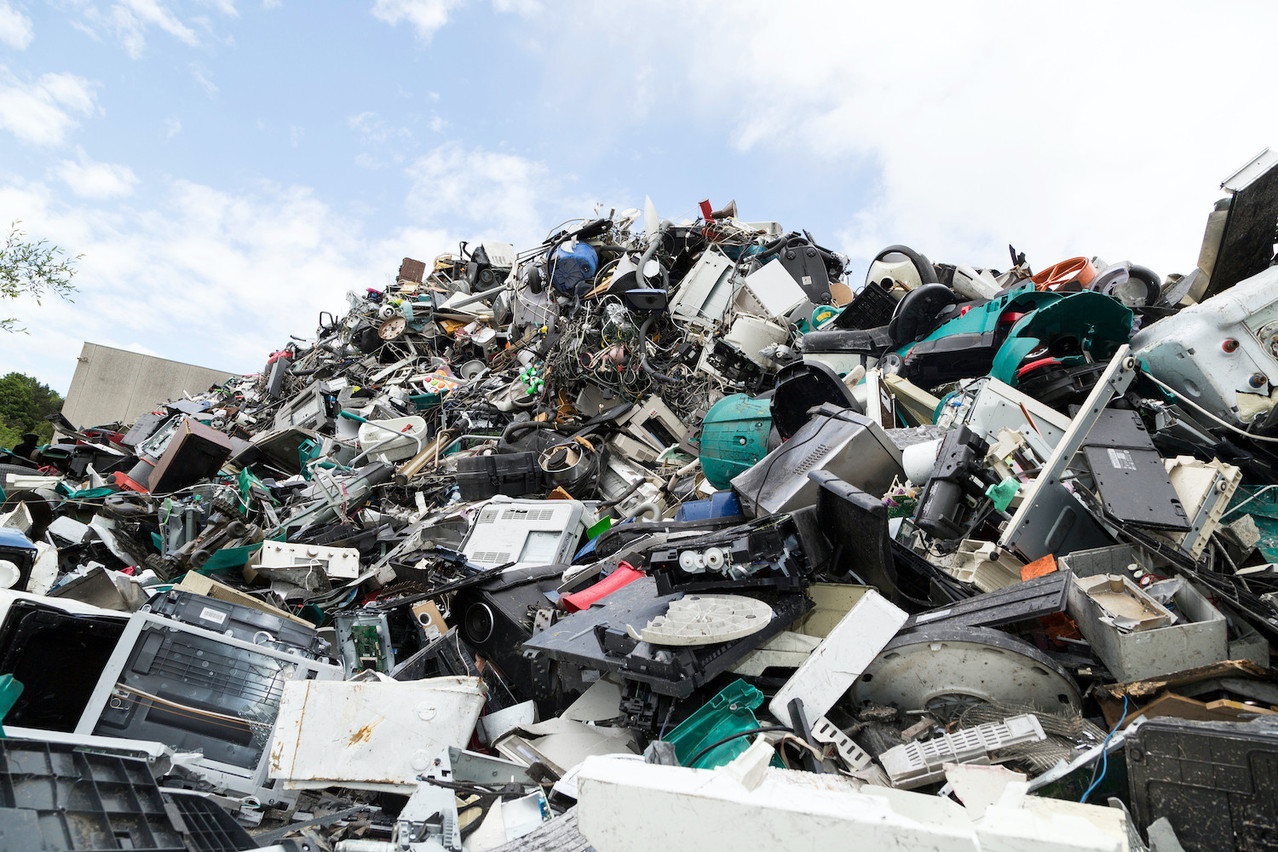In 2019, the latest data available, 6,018 tonnes of electronic devices were collected, down slightly from 6,065 the previous year, 6,064 in 2017 and 6,191 in 2016.
However, in addition to the items collected separately, around 535 tons of electronic waste were disposed of in the regular grey bins for household waste. This number is available from a 2018/2019 analysis of the contents of bins.
In 2020, another 1.42 tonnes of electronic waste were found in bulky waste that can be left for curbside collection or dropped at recycling centre.
Luxembourg is currently not planning to introduce a subsidy for people who get an electronic device repaired rather than throwing it out. Thuringia in Germany, for example, offers up to €100 for repairs.
Some communes in the grand duchy offer similar schemes but a nation-wide initiative is not planned, together with energy minister Claude Turmes (Déi Gréng) and minister of the economy Franz Fayot (LSAP).
A reform of electronic waste management laws is currently underway. This aims to ensure that devices that are still functioning are collected for further use rather than ending up as waste. The law would also force manufacturers to include information about repair and maintenance in device manuals.
The law also stipulates that supermarkets should collect small electronic items at their recycling stations, where customers can currently drop off cardboard, batteries and other items.
This article was updated on 4 November at 3pm to correct that 6,000+ tonnes of devices were collected, not 6,000+ devices.
